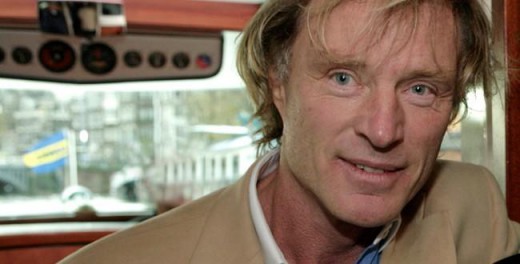By Jacob Gelt Dekker, opinion columnist for Curaçao Chronicle

With a refinery fee of US dollars 6.- per barrel, the gross take of ISLA is about US $ 1.800,000 per day, with a gross profit of about US $ 1.500,000. Today’s market is a totally different scenario from before 1987, when all refinery expenses were charged to the oil company, to Shell-Curacao.
Shell realized its profits up stream, from its oil wells in Venezuela. Once Venezuela nationalized the wells, Shell no longer could make a profit and forfeit the refinery to the island. But markets changed. ISLA is a highly sophisticated refinery and able to produce a large variety of products, so soon ISLA realized very substantial margins for its refinery products. Oil refinery is no longer an expense, but a substantial source of income.
The question is, will refinery charges continue to be substantial enough with the dramatic drop in crude prices around the world? Why would a buyer pay a refinery premium for heavy Orinoco crude when he can get light elsewhere for the same or lower price? So, will income from refinery charges be able to continue to carry the Curacao refinery?
About four months ago, a new Pdvsa strategy was introduced with a switch to production of sophisticated high yield lubricants. Russian sweet was imported to be mixed with heavy Orinoco crude. The imports caused a lot of unrest amongst workers, who obviously did not understand the underlying marketing philosophy.
The high content of sulphur in the Curacao-ISLA product limits its sales markets dramatically, and even a closing of that high-sulphur-content oil product markets is in sight. If the ISLA- refinery wants to continue production, than heavy investments in equipment are inevitable.
With Venezuela/ Pdvsa under heavy financial pressure, it is not likely that either will be ready to come up with the 500 million to 1 billion US dollar for upgrading of ISLA. For years, parties searched worldwide for investment partners, but no one has come forward with an attractive offer.
The only option that seems to remain on the table is for the Curacao government to make its own investments with a payback of three to four years, that is, if refinery charges will continue in today’s markets.
The likelihood that international financial markets will have enough confidence in a well meaning, but extremely weak and fickle local government is small. The autonomous island of Curacao has not fared well since its divorce of The Netherlands in 2010. Under the present conditions, the island could only wish for a big brother like The Netherlands on its side.
A waning economy and procrastinating administrations eroded even the little local confidence, not to speak of the international. Infiltration by organized crime on all levels of the society paralyzed government’s efficacy. Decisions about urgently needed change in the labor markets are long overdue, and, in spite of high unemployment, not taken. Curacao remains deaf and blind, no matter how urgent the matter and how many alarm bells are ringing. With a stalled economy and little or no international interest, Curacao’s economic future remains bleak, in spite of a projected 0.5% growth for 2015 by the Central Bank.
Bron: CuracaoChronicle

